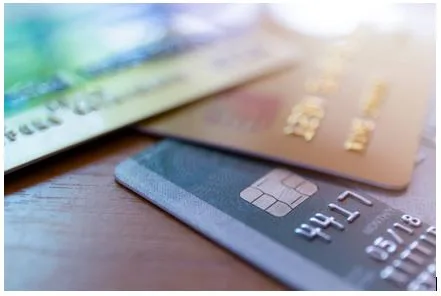The State-by-State Guide to Online Poker Legality
Online poker laws can be a bit of a mess in the US. Every state makes its own rules, which means what’s legal in one place might be totally off-limits in another.
It’s not always simple either. While some states only allow poker within their own borders, others team up with neighboring states so players can all join the same tables. There are even federal laws in the background.
That’s why knowing your state’s rules is essential if you want to play stress-free without breaking the law.
States with Legal Online Poker Operations
Online poker sites aren’t yet legally available in many places in the US. So, what exactly is the legal status of online poker across states?
Well, only eight states gave the green light. Each one handles operations a little differently, from who can run the sites to whether they share players with other states.
Nevada kicked things off in 2013, becoming the first state to legalize online poker. That same year, New Jersey took a bigger leap, adding poker, casino games, and sports betting into the mix. Pennsylvania followed in 2017 and quickly became the biggest regulated market because of its huge population.
Delaware runs poker through the lottery system and boosts its small player base by teaming up with other states. Michigan joined in 2021 with multiple operators, and it attracts the major poker brands.
West Virginia also passed its law back in 2019, but was slow to launch, while Connecticut made digital poker gaming official in 2021 through tribal-state deals. The future is also bright for Rhode Islanders, as the state passed internet gambling laws in 2023, but the official launch of the poker site is pending.
Why Do Some States Team Up for Online Poker?
Some states collaborate through the Multi-State Internet Gaming Agreement. Under this compact, the legal states can share player pools while still keeping control over their own regulations. Behind the scenes, there’s also a lot of tech work to make sure the gameplay feels smooth across state lines while still checking all the legal boxes for each state.
Right now, Nevada, New Jersey, and Delaware team up through these interstate compacts. They also have revenue-sharing agreements, depending on the player’s residency. States like Pennsylvania and Michigan have looked into joining but haven’t signed on yet. If they agree, the player pool and the prize money could get a whole lot bigger.
Larger player pools mean bigger tournament prizes and more live games. Smaller states especially benefit from these compacts, as they can tap into a much larger player base.
States Considering Online Poker Legislation
California has been trying for years to pass online poker laws. Tribal casinos, card rooms, and horse tracks can’t agree on how the rules should work. This keeps the legalization work on hold.
Lawmakers in New York considered a few bills, too. However, for the lawmakers, sports betting is the bigger focus so far. Illinois is also considering online poker as part of its gambling expansion plans, but it only passed online sports betting in 2019.
Texas is another state people keep an eye on. In fact, online poker is a dream target for its massive population.
Prohibited States and Legal Restrictions
Washington State is the toughest in the country when it comes to online poker. It actually makes playing a Class C felony. No other state has penalties that strict.
Utah and Idaho also take a hard line, banning all forms of gambling outright in their state constitutions. That means there’s little chance of change anytime soon.
In most other states, too, online poker is simply treated as illegal gambling under general laws.
However, many states don’t actively go after players themselves. Federal enforcement targets only the companies running the local sites illegally.
So, the options remaining for these residents are offshore poker sites that operate under foreign laws. These online platforms accept players from all over the US who can play using cryptocurrency for full privacy.
Regulatory Requirements and Market Trends
Operators have to follow a procedure to launch poker sites successfully in states where poker is legal. This means background checks, financial audits, and testing their systems from top to bottom. Getting a license usually takes 6 to 12 months and costs hundreds of thousands of dollars.
Once live, sites use geolocation tech to make sure you’re really playing from inside a legal state. Your money is also safe by rules, which keep player deposits in separate accounts. This means operators can’t touch your funds for business expenses or if a company goes under.
All these strict rules give players peace of mind while playing online poker games.
FAQs
- Which US states currently allow legal online poker?
Eight states allow legal online poker, i.e., Nevada, New Jersey, Pennsylvania, Delaware, Michigan, West Virginia, Connecticut, and Rhode Island.
- Can non-residents play online poker if they travel to a legal state?
Yes, if you’re physically located within a state with legal online poker, you can participate on those licensed platforms without breaking your hometown’s laws.
- Do interstate compacts allow participants from more states?
No, only players from participating states can sit at the same tables as per compacts. It means they don’t expand to non-regulated states. To play interstate poker tournaments, you must be physically in a state where online poker is officially legal.
Bottom Line
Online poker in the US is still a patchwork of laws. A nationwide poker law is the need of he hour to make things a lot simpler.
With more states eyeing the tax revenue, the map of legal poker is likely to keep expanding. The state-by-state approach to online poker regulation will also create opportunities for players, operators, and states.
Till that happens, states will call their own shots.






